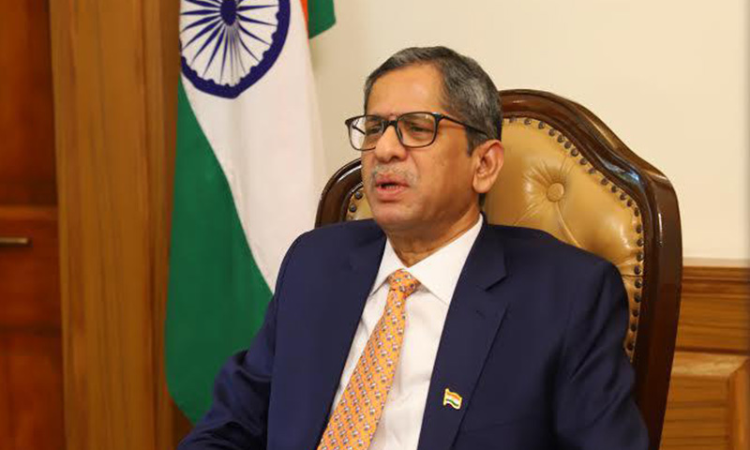'Justice Does Not Always Require Black Gowns & Elaborate Arguments, Future Belongs To Mediation': CJI NV Ramana
Shrutika Pandey
22 July 2021 9:51 PM IST

Next Story
22 July 2021 9:51 PM IST
Addressing the inagural session of International Virtual Mediation Summer School, 2021, the Chief Justice of India, N.V. Ramana expressed his belief in the role of mediation in dispute resolution encouraging law students and lawyers to learn the skills. In his address, he emphasized on education as a tool of empowerment and bringing about change in society. The future belongs to mediation,...
